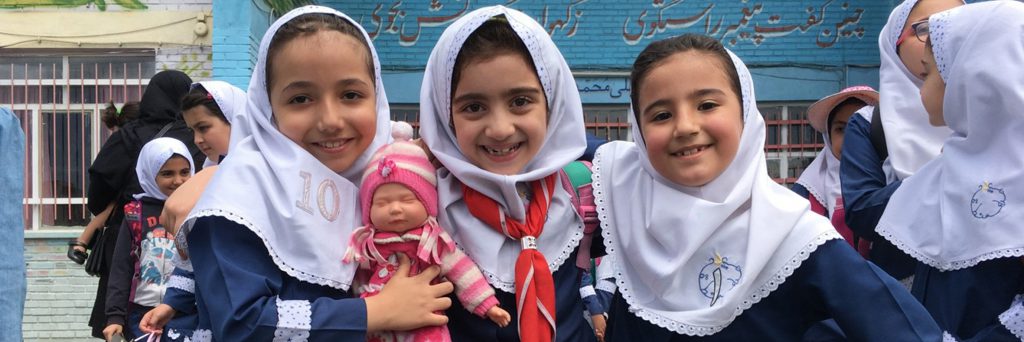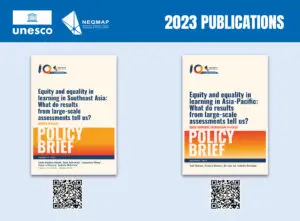
Education quality is a top priority of educational policy-makers in Iran. In order to strengthen the quality of education in Iran, the Program for Monitoring Educational Quality in Tehran (BARAKAAT in Farsi) was designed to monitor educational outcomes of the learners in the province of Tehran. BARAKAAT is a program that runs on 2-year cycles, and provides province-wide learning assessments that are designed to monitor various subjects and skills, and more broadly the quality of the education system.
Iran has a long history of participation in International large-scale assessments, such as TIMSS and PIRLS, however, this is not the case with national assessments. The Assessment of Basic Competencies (ABC) was the first and only comprehensive national assessment, which was conducted in 1999. Although no other sample-based national assessments have been undertaken since then, the need for an assessment of the educational system is now illustrated in the Fundamental Reform Document of Education (FRDE) of Iran. The FRDE is the main document of the Ministry of Education and aims to address the lack of systematic data on the educational attainment of students in the country. While the FRDE emphasizes the importance of establishing an assessment of the country’s formal education system, and the Ministry of Education has proposed legislative mechanisms, a national assessment has not yet been established. However, with the Program for Monitoring Educational Quality in Tehran, initial efforts have begun at the Department of Education in Tehran.
The Tehran Education Quality Monitoring Program (BARAKAAT in Farsi) is a 22-year plan that will collect systematic data about schools and education through the periodic assessment of student learning in Tehran. The main purpose of BARAKAAT is to provide high-quality data that serves as a resource for identifying areas of concern and action, as well as for improving the school life of students. The objectives of the program are to:
· Identify the learning quality of students in the province as well as the districts;
· Accurately identify inequity in quality of education in order to properly allocate resources;
· Monitor changes in the learning quality of students in order to create effective and timely interventions to improve learning quality in the next cycles;
· Compare the learning outcomes of students across 19 educational districts within Tehran and monitor the changes of each district in order to design informed education policies;
· Provide high-quality data that will increase policy-makers’ understanding of key school- and non-school-based factors that influence teaching and learning in order to promote more accurate and evidence-based educational policies.
The program is designed to assess students’ performance in grades 6, 8, and 11 by grade-based samples. Since the samples are representative of the districts (for grades 6 and 8), the study will be able to provide evidence-based policies, interventions or developments for educational managers both at the district (subdivision of the province) and provincial levels. To minimize costs, the sampling in grade 11 is not representative of all districts.
Understanding and analyzing trends in learning is an important aspect in BARAKAAT. Two modes have been designed: a two-year cycle for grades 6 and 8, and a three-year cycle for grade 11. The different cycles allow for proper workload management in the year of assessment.

| Under the comprehensive program, the subjects to be assessed are diverse. They include mathematics, science, language arts, and social science in grades 6 and 8, and for grade 11 include transversal competencies such as problem solving, financial literacy, computer literacy, and civics. Nevertheless, in each cycle, one subject will be considered as a major and the other subjects will be considered as minor subjects. The first cycle of BARAKAAT focused on mathematics (grade 6) and problem solving (grade 11). This baseline assessment was conducted in April 2019. The results will be published in April 2020, along with background and contextual data that was collected from students, teachers, and principals through questionnaires. Obtaining accurate and quality data from provinces can identify strengths and weaknesses within the education system, benefiting policy makers and strengthening the quality of education in Iran. The Program for Monitoring Educational Quality in Tehran (BARAKAAT) aims to address this need for an assessment of the educational system in Iran. As the BARAKAAT program is implemented in Tehran, it may serve as a potentially good example of provincial assessments for the rest of the country. |
For more information, please contact Dr. Masoud Kabiri (maskabiri@yahoo.com)
Written by Dr. Masoud Kabiri, [Research Institute for Education (RIE)]
Photo cover by PAYAMBAR.SCHOOL/S.Mohammadi






